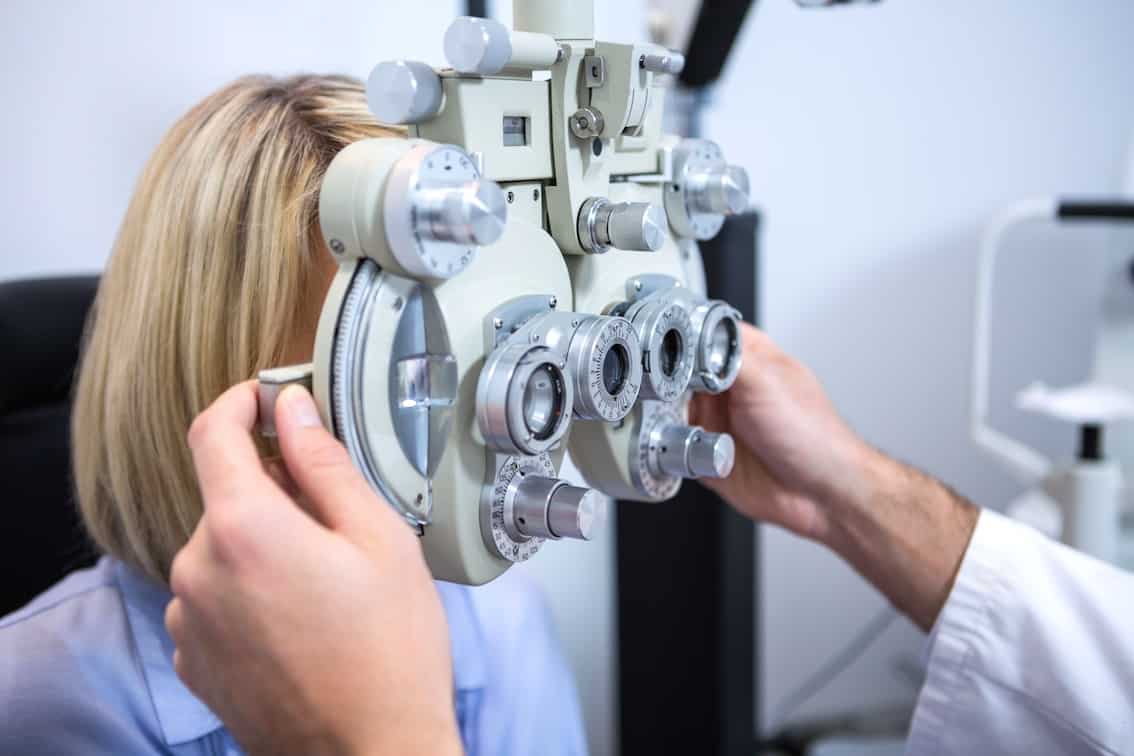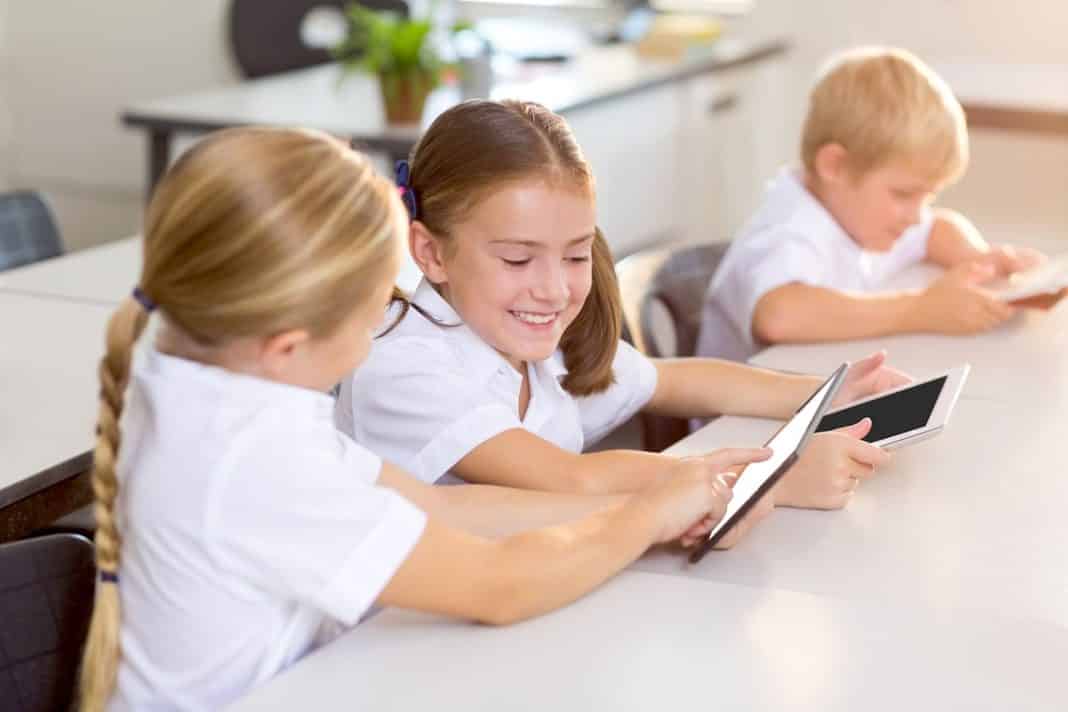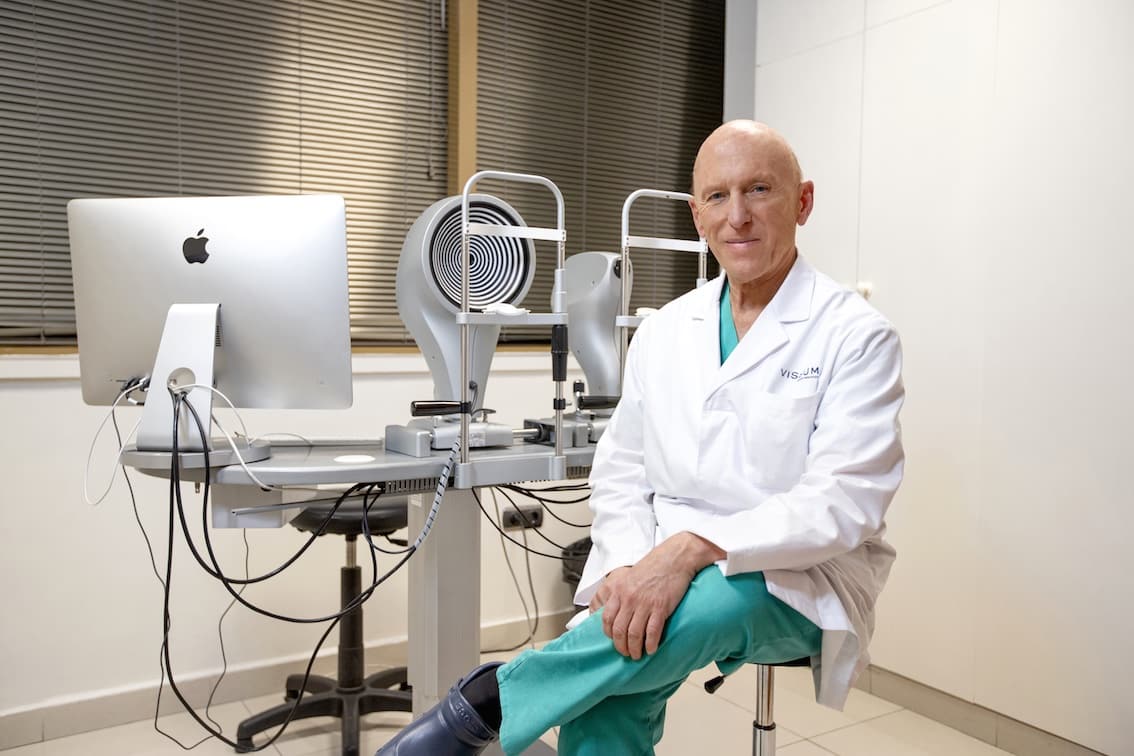- It is advisable to have an eye check-up between the ages of four and six, as 10% of children have a visual defect at this age and around 4% have a lazy eye
The return to school is an ideal occasion to prevent visual problems in children, what would improve their quality of life and school performance. The current demands at school are very high, with an increasing use of computer screens, tablets, mobile phones and other devices that attract the attention of our young generation, both at school and in their leisure time, not to mention that all these devices are increasingly being used in teaching more and more often.
Here we have a series of frequent questions and the correspondent specialist’s indications on this regard, about what is best for students at the start of the school year:
- Should I have my child’s eyesight corrected?
If they already wear glasses and have not had them checked for many months, of course you should! In case they do not wear glasses, it is advisable to have a school check-up at an early age (especially between the ages of four and six). Almost 10% of children have a visual defect at that age and, in addition, around 4% may have a lazy eye.
The return to school can be the perfect occasion for both parents and children checking their eyesight through an eye examination by an ophthalmologist, although an optometrist with the appropriate equipment can also carry out this examination.
- Are the computer screens, tablets, mobile phones or video games dangerous for children’s eyesight?
Indeed, an excessive use of this kind of devices can be harmful and for instance produce visual problems. The excessive effort and accommodation of the eyes in order to focus the vision on a bright screen, normally held very closely to the eyes, and focusing on moving objects (as is the case of the films, cartoons, or video games) can lead to an increase in myopia.

Studies carried out in Singapore and other Asian countries have shown a direct relationship between the frequency and increase in myopia (which is an epidemic at the moment in those parts of the world, although also very present in our geographical area too), related precisely to the excessive use of these close-up activities. It has been shown that it is necessary for children to spend time outdoors, doing activities that require less visual effort and acuity, at least during 3-5 hours per week.
A proper balance between close-up visual tasks and doing more sport, or outdoor activities, is essential for their visual health, as well as for their educational health.
- How can a visual defect be detected in schoolchildren?
In principle, we can detect this kind of problems by the child’s attitude towards distant objects, and suspect it when they do not pay attention when being called or spoken from certain distance, are constantly distracted, or tend to get too close to things to see them. Children with myopia tend to be more withdrawn because they do not see far away well.
Hypermetropic children may have strabismus or intermittent eye deviation because their eyes can compensate very well their defect by focusing, but this action finally leads to a visual imbalance. All, or any of these signs should be enough for the parents to make a visit to an ophthalmologist, so any kind of serious defects or problems can be diagnosed in an early stage, and the appropriate measures could be taken.
- If I live on the Mediterranean coast, do I have to take any special care with my children’s eyesight?
Nowadays allergies are a very common issue, as well as conjunctivitis. If you notice that your child’s eyes are red, or if they rub them continuously, it can be an indication that they have some kind of conjunctivitis, and it is advisable to take them to an ophthalmologist for the appropriate prescription of an anti-allergic medication.
Also, be very careful with the eye-rubbing problem. Not only is it dangerous, but it is also a bad habit that can lead to an increase in myopia and the appearance of eye diseases such as keratoconus.
In essence, taking care of our children’s visual health at the beginning of the school year can be very helpful. With properly prescribed glasses, an eye examination at an early age (4 to 6), and going to the ophthalmologist if there are detected habits like eye rubbing or poor distance vision, are some of the actions that can lead us to a substantial improvement in the visual health of our young generations, as well as to a better school performance.






